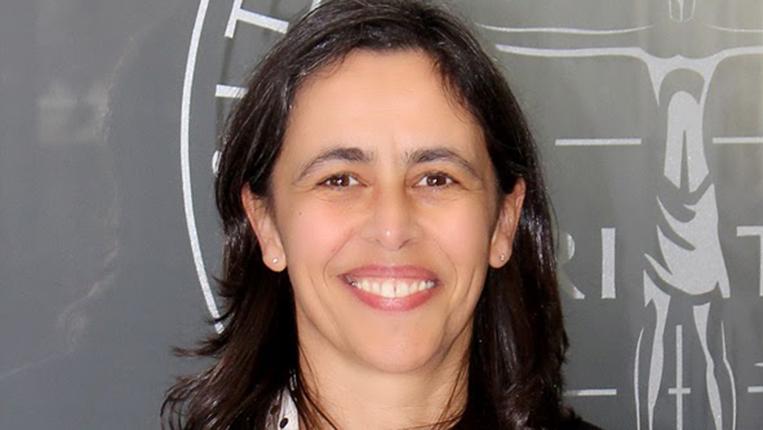From a disciplinary base centered on the biosciences and technology and complemented with subjects from various branches of the humanities and social sciences (law, philosophy, psychology and management), the Faculty of Biotechnology has just launched the Undergratuate Programme in Science and Society. Inspired by programs at the world's best universities, this is a multidisciplinary programme where students will develop skills already identified as essential for success in the 21st century. Six faculties of Universidade Católica Portuguesa (UCP)are involved, and each student can build a pathway tailored to their specific interests. The ultimate goal is to prepare students to embrace the great challenges facing society, including those that are not yet truly known.
Paula Castro, director of the Faculty of Biotechnology, stresses that "The demand for sustainability, the generalization of artificial intelligence, the new (dis)order of world politics, the failures of inclusion and the need to reduce global inequalities are massive challenges for our society. New generations of professionals prepared with interdisciplinary logic are needed to be able to tackle problems as wide-ranging as those we face."
Aimed at intellectually curious students who want to embrace uncertainty and turn it into an opportunity to (re)imagine and (re)invent the future, this is a degree for those looking for a scientific basis to understand the vast world around them.
"The first year focuses on preparation in scientific and humanities subjects - in the second and third years the work is essentially centered on autonomous, multidisciplinary projects around concrete problems," says Tim Hogg, coordinator of the new undergraduate degree, adding that "many credits are available in optional curricular units to allow for personalization of the path." Students will mold their learning path to their interests while training skills such as leadership, autonomy, and the ability to create innovative bridges between different areas of knowledge.
Science and Society graduates will be able to enter the labor market or continue their studies through master's degrees and other complementary training. "The career path of Science and SoSociety graduates in other countries shows that the potential is extraordinary: from politics to administration, from the creation of technological start-ups to creative consultancy and top management in multiple industries, they are people who know how to read the context, mobilize resources and take advantage of uncertainty," concludes Paula Castro.




